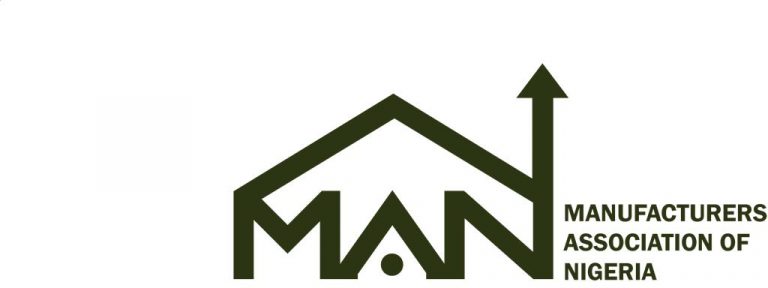By Daniel Edu
In the first half of 2023, the manufacturing sector experienced a significant setback, with the loss of 3,567 jobs, according to data revealed by the Manufacturers Association of Nigeria (MAN). This sobering information was unveiled in MAN’s biannual economic review, released on Tuesday.
The report indicates that job creation within the manufacturing sector plummeted to 6,428 during the first half of 2023, reflecting a stark 32.8% decline in employment generation capacity when contrasted with the 9,559 jobs created in the same period in 2022.
The report reads, “In the same period, a total of 3,567 jobs were lost, marking an increase of 1,855 job losses compared to the 1,709 reported during the corresponding half of 2022, and an additional 850 jobs lost when compared with the 2,708 reported in the latter half of 2022.”
MAN attributes this decline in job creation to the challenging business environment resulting from hasty policies and the lingering impact of the currency redesign policy, which led to a scarcity of the naira.
Furthermore, the report highlights a concerning increase in the inventory of unsold finished products within the manufacturing sector, reaching N271.9 billion during the first half of 2023. This figure represents a substantial rise of N84.88 billion or 45.4% when compared to the N187 billion recorded in the same period in 2022. However, it also reflects a slight decline of N11.64 billion or 4.1% compared to the inventory value of N283.6 billion reported in the latter half of 2022.
The report attributes this inventory surge to weakened consumer purchasing power, stemming from dwindling real household incomes due to escalating inflationary pressures. The scarcity of the naira in the first quarter of the year and the repercussions of subsidy removal also contributed to this challenging economic climate.
The removal of subsidies and the unification of exchange rates in the latter part of the first half of the year have left the economy in a state of uncertainty, eroding investor confidence and hindering economic growth prospects and recovery. The cumulative result of these factors is a heightened inflationary pressure that escalates production costs, diminishes consumer purchasing power, and exerts a significant impact on manufacturers.




